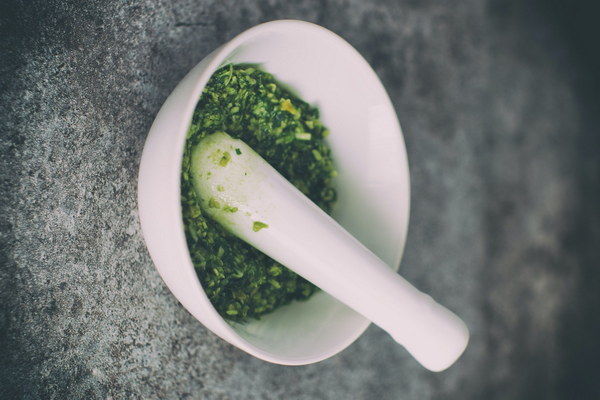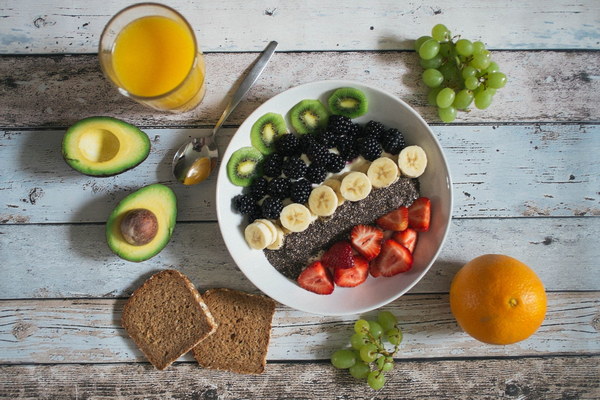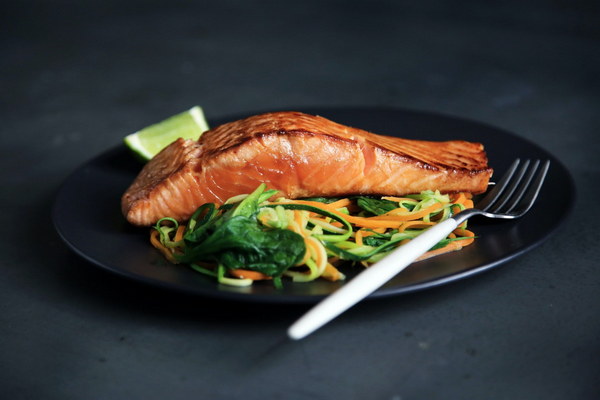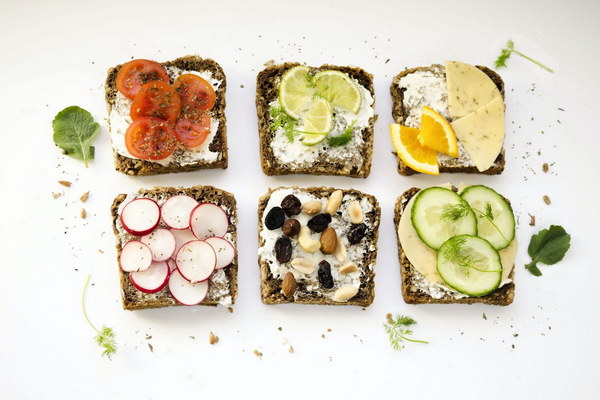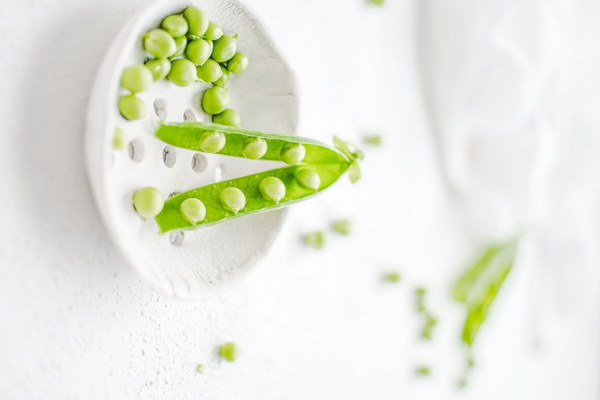Nutritional Therapy for Acute Cerebral Infarction A Guide to Dietetic Remedies
Acute cerebral infarction, also known as a stroke, is a serious medical condition that requires immediate attention and comprehensive treatment. One of the most crucial aspects of treatment is dietary management. In this article, we will explore various nutritional therapy methods that can aid in the recovery process of individuals suffering from acute cerebral infarction.
1. High-quality proteins
Protein is an essential nutrient that plays a vital role in cell repair and growth. After an acute cerebral infarction, the body needs high-quality proteins to repair damaged brain cells. Foods rich in proteins include lean meat, fish, poultry, eggs, dairy products, legumes, and nuts. It is important to consume a balanced diet with adequate protein intake to support recovery.
2. Fatty acids
Omega-3 and omega-6 fatty acids are crucial for brain health and have been shown to reduce inflammation and improve cognitive function. Foods rich in omega-3 fatty acids include fish such as salmon, mackerel, and sardines, flaxseeds, chia seeds, and walnuts. Omega-6 fatty acids can be found in vegetable oils, seeds, and nuts. Including these foods in the diet can help in the recovery process.
3. Antioxidants
Antioxidants help protect brain cells from oxidative stress, which can exacerbate brain damage. Foods rich in antioxidants include fruits such as berries, apples, and oranges, vegetables like spinach, kale, and carrots, and nuts like almonds and walnuts. These foods should be included in a balanced diet to support the recovery process.
4. Fiber-rich foods
Fiber-rich foods help maintain a healthy digestive system and can lower cholesterol levels, which may reduce the risk of future strokes. Foods high in fiber include whole grains, legumes, fruits, and vegetables. Adding fiber to the diet can also help control blood sugar levels and improve overall health.
5. Hydration
Proper hydration is essential for overall health and recovery from an acute cerebral infarction. Water helps transport nutrients and oxygen to the brain, and it also aids in the elimination of waste products. It is recommended that individuals consume at least eight glasses of water daily.
6. Limiting salt, sugar, and saturated fats

High salt, sugar, and saturated fats can increase the risk of hypertension and atherosclerosis, which can lead to future strokes. It is important to limit the intake of processed foods, sugary drinks, and fried foods. Instead, focus on whole foods and home-cooked meals.
7. Herbs and spices
Herbs and spices can enhance the flavor of food and provide additional health benefits. Turmeric, garlic, ginger, and cinnamon are known for their anti-inflammatory properties and can aid in the recovery process. Incorporating these ingredients into daily meals can be beneficial.
In conclusion, a well-balanced diet that includes high-quality proteins, fatty acids, antioxidants, fiber, and hydration is crucial for the recovery process of individuals suffering from acute cerebral infarction. By following these nutritional therapy methods, individuals can improve their chances of recovery and reduce the risk of future strokes. It is always recommended to consult with a healthcare professional or a registered dietitian when developing a dietary plan for acute cerebral infarction.



